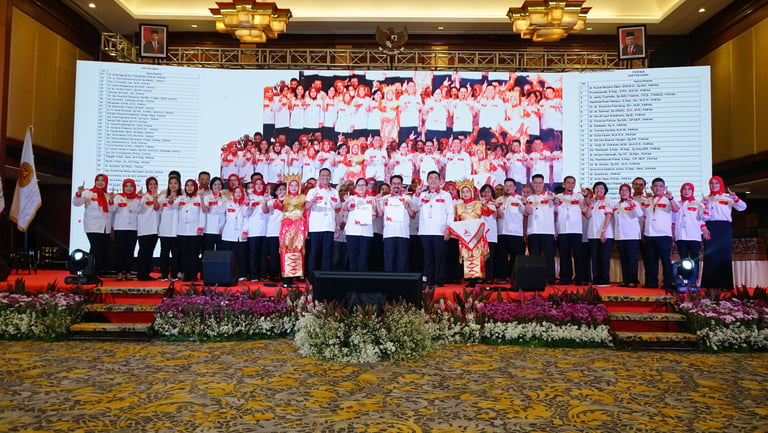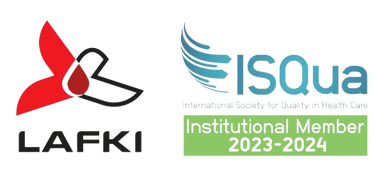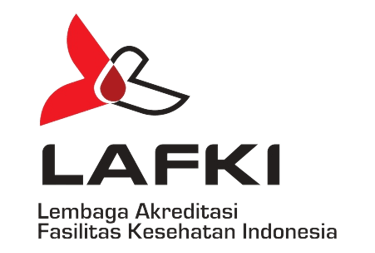FIHFAA: Leadership Theory and Health Policy in Crisis


Responding to the statement in the FIHFAA learning module at the end of this first module, we can see how participants learn and interact with the material provided. In this case, participants showed a positive assessment of the learning material and evaluated their experiences in the leadership theory and health policy learned. We try to summarize and analyze various aspects of learning revealed in participant responses, as well as provide support from relevant expert theories.
Participants recognized the importance of effective health policies and strong leadership in dealing with health crises. They identified that good policies can guide actions, organize resources, and ensure equitable access to care. On the other hand, effective leadership is needed to guide organizations and teams through crisis situations with strong communication skills, empathy, and the ability to make difficult decisions. This is in line with leadership theories that emphasize the importance of adaptive leadership in dealing with change and crisis.
Participants also highlighted the importance of effective communication and collaboration among health teams and other stakeholders. They recognized that cross-functional collaboration and transparency in communication can improve organizational performance and strengthen the response to crises. This reflects the principles of transformational leadership that emphasize the important role of open and collaborative communication in achieving common goals.
Participants recognized the importance of critical and analytical thinking skills in managing health crises. They emphasized that these skills help in making informed decisions and developing effective policies in complex and uncertain situations. This is in line with critical leadership theory which emphasizes the importance of critical thinking in addressing complex challenges in health systems.
Leadership theory, as proposed by Northouse (2018), highlights the importance of adaptive and transformational leadership in managing crises. Adaptive leaders are able to adjust their leadership style to changing situations, while transformational leaders are able to inspire and motivate others to achieve greater goals.
In terms of health policy, Stone (2012) emphasized the importance of evidence-based policies and stakeholder engagement. Effective policies must consider community needs, coordinate resources, and promote equitable access to health services.
Critical thinking theory, as proposed by Facione (2011), emphasizes the importance of in-depth analysis, evaluation of evidence, and consideration of multiple perspectives in decision-making. These skills are essential in managing health crises where situations are often complex and uncertain.
Participants in the FIHFAA learning module demonstrated a deep understanding of the importance of policy, leadership, and critical thinking skills in managing health crises. Their responses reflect an integration of relevant leadership and health policy theories with practical experiences in crisis situations. Support from expert theories such as Northouse, Stone, and Facione provides a strong foundation for their understanding of the topic.


